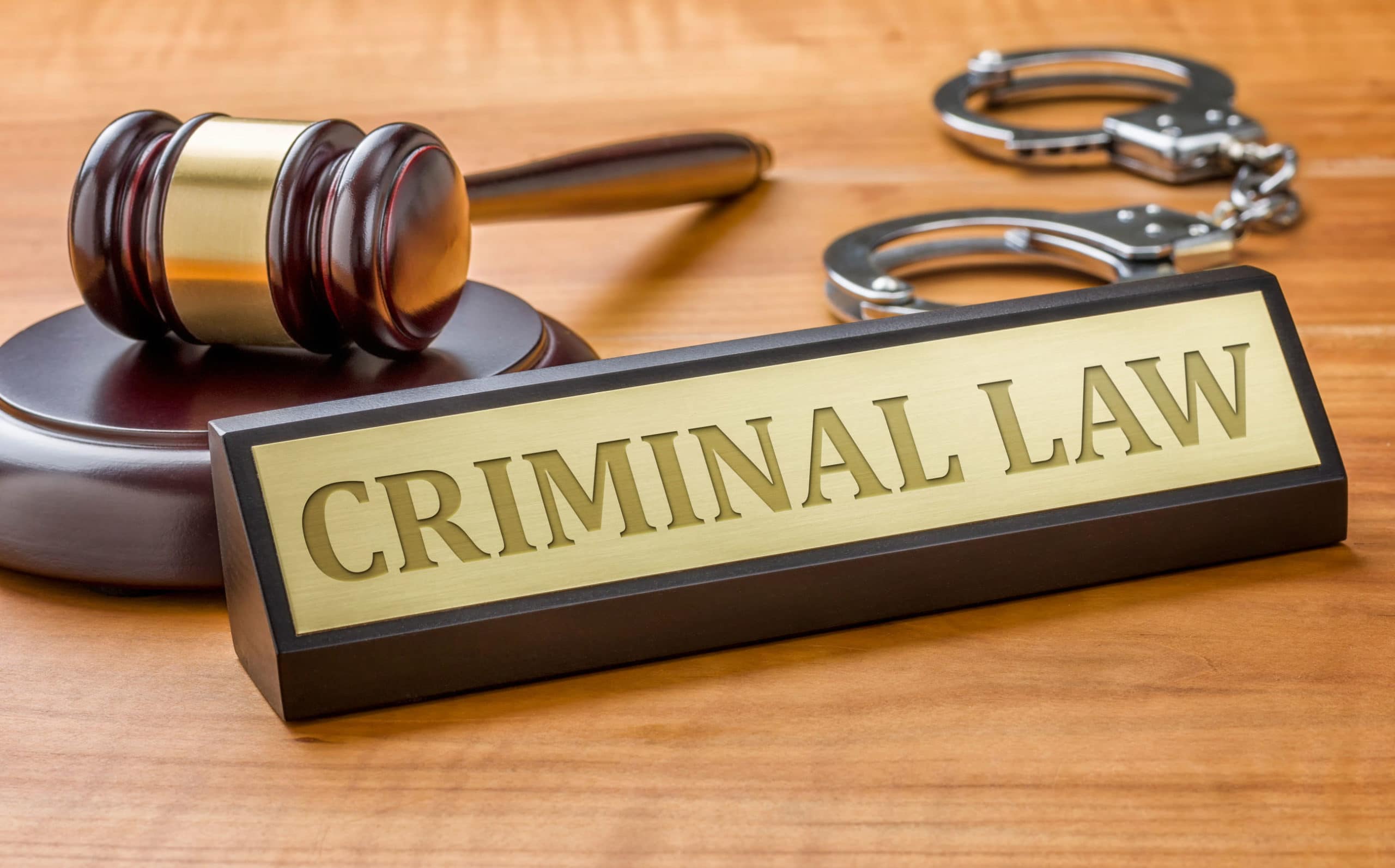Crimes involving computers can be a bit confusing. That’s because the internet provides users anonymity along with a false sense of security. So when something does go wrong and a crime like digital forgery occurs, what happens next?
The internet can be a dangerous place and the laws surrounding crimes perpetrated using it are relatively new. Here’s what you need to know.
Digital Forgery: What Is It?
Digital forgery is a unique crime. Just like forgery, it occurs when someone creates a fake object, fake copy of a document or a fake limitation of a document. Great examples of digital forgery include:
- Forging a signature
- Creating a replica of an expensive device
- Falsifying government documents such as a driver’s license or birth certificate
- Faking a masterpiece
All of these things must be faked in an electronic form to constitute digital forgery under the law. With the software available today for use on computers, forgery is something that can easily be done and ordinary people who are not trained to look for specifics marks on documents can easily be fooled by forgeries.
What is Forgery?
In Colorado, forgery occurs when a person makes or uses falsified instruments or documents with an intent to defraud someone. Some examples of everyday forged documents include:
- Wills
- Letter of recommendation for employment
- Insurance application with a Social Security number that is false
- University transcripts that have been doctored
- Falsified tax returns
In Colorado, you can also be charged with forgery if you have the instruments necessary to produce a forgery.
What About Computer Crimes?
In Colorado, computer crimes occur when someone uses their access to a computer, a computer network, or a computer system to carry out an unlawful act. They commit a computer crime if they knowingly use their access to a computer to commit fraud, theft, and a variety of other crimes.
Is Digital Forgery a Computer Crime?
In Colorado, the party pressing charges can decide if they would like the crime of forgery classified as a computer crime or not. Those familiar with the intricacies of the law can help to determine how the crime should be classified.
Penalties for Forgery in Colorado
If someone is found guilty of forgery in Colorado, then they can face either a first- or second-degree forgery conviction.
- First-Degree Forgery: This is a Class 5 felony. It can result in up to three years in prison and fines up to $100,000.
- Second-Degree Forgery: This is a Class 1 misdemeanor. You can face punishments such as up to 1.5 years in jail and fines that can total up to $5,000.
Penalties for Computer Crimes in Colorado

When it comes to computer crimes, the nature of the crime paired with the value of the theft, loss, or damage that occurred plays a role in how it is penalized. Depending on the details surrounding your case, you may face misdemeanor or felony penalties.
- Class 2 Misdemeanor: If the loss/theft/damage done by the crime is valued at less than $300, then it’s a Class 2 misdemeanor. This can lead to a punishment of up to one year in jail and fines up to $1,000.
- Class 1 Misdemeanor: When the loss/theft/damage is more than $500 but less than $1,000, then the penalty is up to 18 months in jail and fines up to $5,000.
- Class 4 Felony: For a loss/theft/damage valued more than $1,000 but less than $20,000, then you can face a Class 4 felony. It can be punished by up to six years in prison and fines up to $500,000.
- Class 3 Felony: For crimes that total more than $20,000, the penalty is up to 12 years in prison and fines up to $750,000.
About the Author:
Kimberly Diego is a criminal defense attorney in Denver practicing at The Law Office of Kimberly Diego. She obtained her undergraduate degree from Georgetown University and her law degree at the University of Colorado. She was named one of Super Lawyers’ “Rising Stars of 2012 & 2019” and a “Top 100 Trial Lawyers in Colorado” for 2012-2020 by The National Trial Lawyers. Both honors are limited to a small percentage of practicing attorneys in each state. Additionally, Expertise names her to its lists of the 25 Best Denver DUI Lawyers and 21 Best Denver Criminal Defense Lawyers, both in 2020. Ms. Diego has also been recognized for her work in domestic violence cases.





